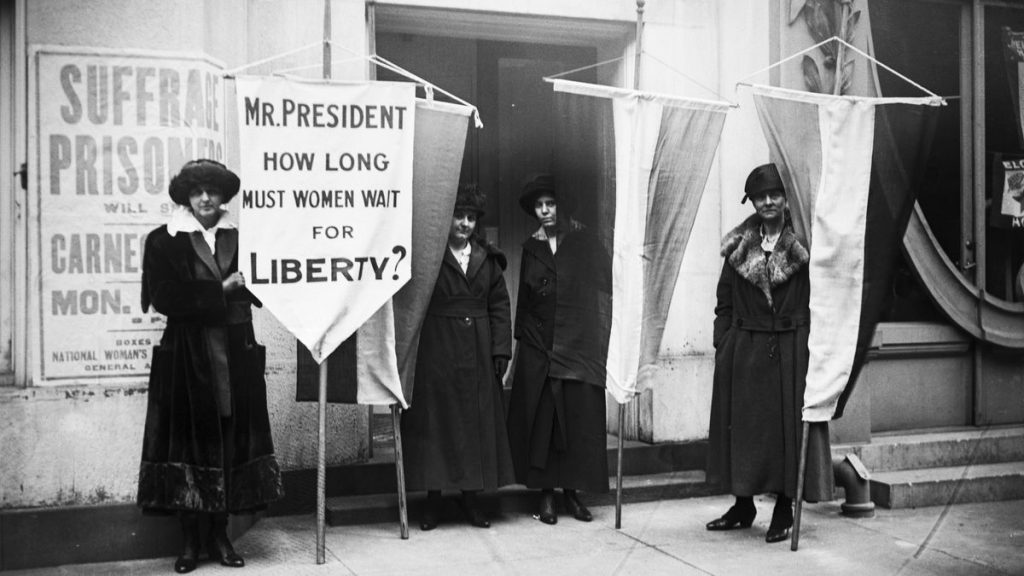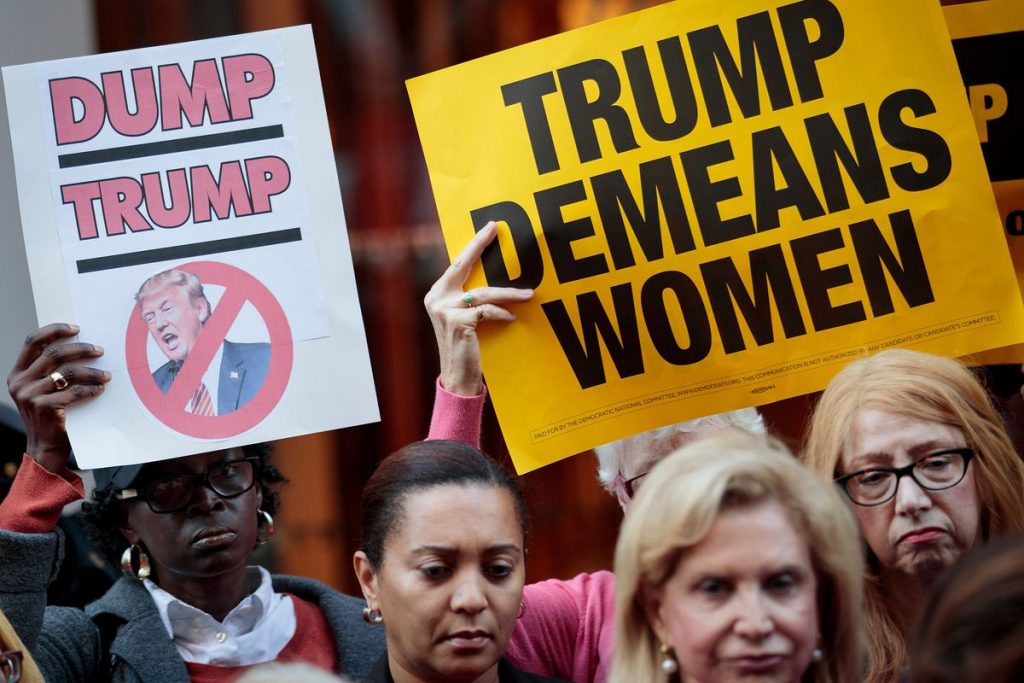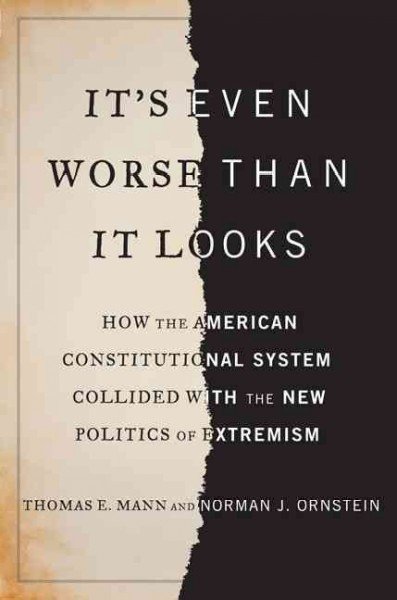If Donald Trump wins a second term next week – and for the record I don’t believe he will – it will mark as great a turning point in the American experiment as anything since the Civil War.
The sense that the country can be governed by anything approaching a middle ground consensus will be gone. An economy that has barely hung together over the last few months will unravel, likely at stunning speed, as millions of Americans will face more than unemployment. They will lose homes and automobiles and food. It is indeed going to be a bleak winter.
But there is at least huge one reason for optimism and it’s only fitting. One hundred years after women finally won the battle to vote they are going to save America. Really.

A “gender gap” has existed between the two political parties for years. Donald Trump has made the gap the Grand Canyon of American politics. Women, make no mistake, are going to determine the next president. Moms and grandmothers don’t have a huge propensity to fail us and they won’t this time.
Trump knows he’s in big trouble with women voters and goodness knows he should be. His weak plea in Wisconsin this week – “Suburban women, you’re going to love me. You better love me.” – is not the closing argument of a winner. Nor is his whiny begging recently in Pennsylvania. “Can I ask you to do me a favor, suburban women?” Trump said during a rally in Johnstown, earlier this month. “Will you please like me? Please.”
As Mike Allen and Jim VandeHei reported this week new “Gallup polling finds Trump remains above 50% with rural residents, white men and white adults without college degrees, but Trump has “dropped nine points just this year with suburbanites — falling with both men and women — to 35%”
Trump won that demographic in 2016. Trump’s rickety standing with this critical group has been driven by women. They just aren’t into him anymore.
“In 2016, Donald Trump didn’t have a record. In 2020, now, he does,” said Susan Del Percio, a Republican strategist and adviser to the anti-Trump Lincoln Project. “That record is one that is really quite offensive, I think, to many Americans male and female, but especially women. And he leans into it.”

Pundits – including this one – too often over think politics. For many, maybe even most Americans, the presidential choice comes down to a pretty simple calculation: who do I want in my living room every night for the next four years? We’ve had four years of bluster, bombast, boasting and bungling. We’re ready – perhaps women most particularly – for something different.
The Politico journalist Tim Alberta put a fine point on it recently when he wrote “if Trump loses, the biggest factor won’t be Covid-19 or the economic meltdown or the social unrest. It will be his unlikability.”
All across America, Alberta wrote, “in conversations with voters about their choices this November, I’ve been hearing the same thing over and over again: ‘I don’t like Trump.’ (Sometimes there’s a slight variation: ‘I’m so tired of this guy,’ ‘I can’t handle another four years of this,’ etc. The remarkable thing? Many of these conversations never even turn to [Joe] Biden; in Phoenix, several people who had just voted for the Democratic nominee did not so much as mention his name in explaining their preference for president.”
The conservative writer Kevin D. Williamson – he writes often for William F. Buckley’s old magazine The National Review – had a similar observation. Trump’s disreputable personal character, a glaring fixture of his very public being, but a feature largely ignored by his male supporters, is, Williamson says, finally catching up with him. The Twitter fights, the petty, mean name calling, the failure to assume any responsibility for his shortcomings or obvious mistakes has become disqualifying for many, many voters who once saw the guy as an agent of change. Instead he has become the spreader of division and disorder, not to mention a virus.
“Trump’s low character is not only an abstract ethical concern,” Kevin Williamson writes, “but a public menace that has introduced elements of chaos and unpredictability in U.S. government activity ranging from national defense to managing the coronavirus epidemic. Trump’s character problems are practical concerns, not metaphysical ones.”
Trump went into the last two weeks of the presidential campaign with a crazy agenda. He’s been trying to convince Americans that what we are all living with daily, a pandemic that he has downplayed and mismanaged at every step, was going away. And he manufactured, and with the help of rightwing news organizations and social media, then transmitted a vast array of conspiracy theories about his opponent and the previous president of the United States. Trump has run not on a second term agenda – he has none – but on the same old litany of grievance, resentment, racism and fear that fueled his rise in the first place.
Nothing so clearly illustrates this reality than the president of the United States going this week to his must win state of Wisconsin, a “state is in the midst of a full-on coronavirus crisis, setting new records for hospitalizations and sitting near the top of the list for per capita cases.” Against all logic he declared the virus contained.
The White House actually issued a press release this week claiming that defeating the pandemic was one of Trump’s signature accomplishments, a transparently ridiculous claim, as the writer Robert Schlesinger says, on par with “the Vichy government listing defeat of Germany among its accomplishments.”
Donald Trump will win Idaho’s four electoral votes, but by a smaller margin than four years ago and the reason will be the votes of women, the same voters who have disserted him in the Philadelphia and Atlanta suburbs, in places like Maricopa County, Arizona and even in Omaha. Top of the ticket races in Idaho all favor the GOP, but the margins for Republicans are likely to be smaller than normal. Trump has no coattails and the stench of his presidency will infect the entire ticket.
Trump drew an inside straight four years ago against arguably the most unlikable presidential candidate in modern history, a woman who still won the popular vote by three million. Women are going to save American democracy in a few days. They’re just not into this guy. They’ve had enough. And they’re right.
—–0—–
Additional Reading:
Some recent favorites you might enjoy…
Norman Ornstein on President Biden
Norm Ornstein, the long-time student of Congress, has long had a perch ats resident scholar at the conservative American Enterprise Institute. Ornstein’s scholarly works on the legislative process have long been required reading for historians and policy makers who hope to understand Washington.
Ornstein was an inspiration to me to undertake my study – forthcoming in February 2021 – of Senate races in 1980. And his book with Thomas E. Mann, It’s Even Worse Than It Looks, helped put the lie to the false equivalency arguments that both political parties are equally responsible for the dysfunction and division of American politics.

He recently authored a thoughtful essay on the practical steps a President Joe Biden might take next year to, as Ornstein says, “show progress, to show that we can move ahead” is worth your time.
“Here is the roadmap I would employ if I were advising the new president and his legislative leaders. It begins with a promise on Jan. 21 to have four major initiatives passed by the House and brought to the Senate floor within days or weeks—all key measures that are urgently needed, and are supported by a strong majority of Americans, in some cases as many as 90%.”
The International Brigades
I’ve long been fascinated by the causes and effects of the Spanish Civil War, a bloody, complicated and deeply tragic conflict, that raged from 1936 to 1939 and was, in many ways, a preview of the wider war to come in Europe.
Giles Tremlett, who writes about Spain for The Guardian, recently reported a fascinating piece about the contested legacy of the international brigades, the thousands of often-celebrated foreign fighters who fought on the Republican side during the war. Let’s just day that the legacy is complicated.
“History is neither neat nor clean, especially when it comes to past wars. The first casualty of war is said to be truth, but really it is nuance. War presents stark, binary choices. Kill or be killed. One side or the other. The truth is more complex than that, as the story of the International Brigades and their afterlife shows.”
Link to the full essay.
New Faces of 1946
A terrific piece from the archives of Smithsonian Magazine by the great historian William E. Leuchtenburg. He writes about the post-World War II election of 1946 and the political and other dilemmas facing President Harry Truman.

“But the end of the war confronted Truman with a predicament bound to erode political capital. After more than 15 years of deprivation—the Great Depression was followed by wartime rationing—Americans, at last able to enjoy peacetime prosperity, chafed at finding so many things in short supply. At one point in 1946, during a flour shortage, Illinois saw block-long bread lines, reminiscent of the darkest days of the Depression. That same year, in Denver, women hijacked a bread delivery truck. And demand kept driving prices up. Too much money chased too few goods: too few Chevys, too few nylons, too few beefsteaks.”
A Pioneering Appetite
Writing in The American Scholar Anne Matthews provides an insightful review of a new biography of James Beard, the Oregon native who truly became America’s first culinary celebrity. The author of The Man Who Ate Too Much is John Birdsall.
“Birdsall also restores Beard’s identity as a man of the Pacific Rim, raised by a gay mother and a Chinese cook in a town where the Yukon was still a real frontier. Like other restless, sexually complex modernist talents (Hemingway, Fitzgerald, Cather), Beard craved urbanity and needed decades in exile to see that his natal terroir—Chinook salmon, Olympia oysters, razor clams, marionberries, green fields in fog—held the key to his life and career. A 1954 auto tour of the West Coast, during which he bought so many samples that the car became “a mad ark of food,” finally focused Beard’s instinct for a true American cooking. Thirty-one years later, his ashes were scattered at the Oregon beach he loved in childhood.”
Thanks for reading. See you soon. Stay well.
